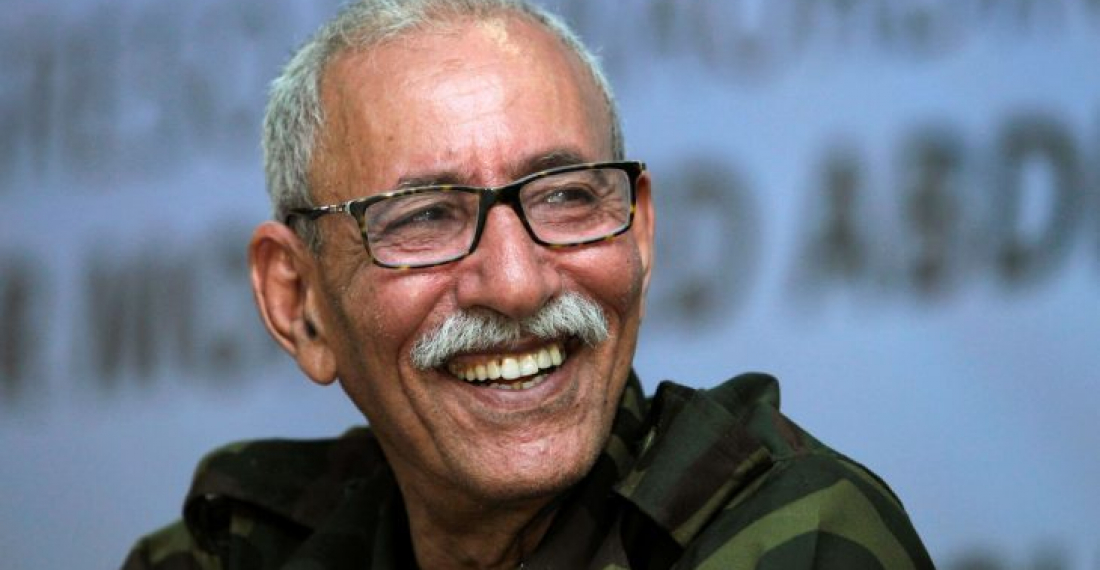- Armenia-Azerbaijan Strategic Expert Platform: Members emphasise the importance of the present moment for the South Caucasus and call for the momentum to be used for the long-term peace and prosperity of the region
- Thursday Interview: Dr. Anar Valiyev
- Food insecurity in Somalia has nearly doubled in the past year
- Türkiye evaluating potential measures in case of a US-Iran conflict
- European Parliament reaffirms support for Ukraine and EU Path
- EU moves ahead with Ukraine loan preparations despite Hungarian block

The Spanish judiciary has summoned the Polisario Front Secretary-General, Brahim Ghali, after he was transferred to Spain for treatment after contracting coronavirus. The court had summoned him based on accusations of torture, rape, kidnapping and murder, after a complaint was filed by political activists. It is not clear if Ghali will be able to appear before the court due to his health situation.
The Spanish government confirmed that Ghali had entered Spain. Reports indicate that he used an Algerian passport with an alias to enter. His location was not disclosed but believed to be in a hospital in the city of Logroño, in the north of Spain.
Morocco objected against Spain allowing the Polisario's leader to enter its land. The Spanish Ambassador in Rabat was summoned to receive Morocco's complaints. Moroccan Foreign Minister Nasser Bourita warned the Spanish government not to sacrifice relations with Morocco because of Ghali's health.
The Spanish Foreign Ministry had stressed that Ghali had been "transferred to Spain for purely humanitarian reasons for medical treatment".
There is no progress yet in talks between Morocco and the Polisario.








